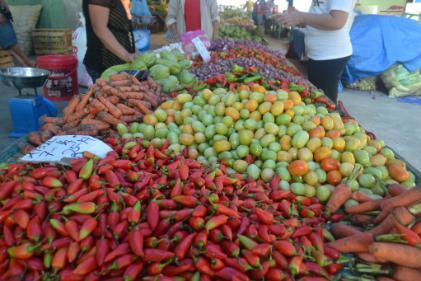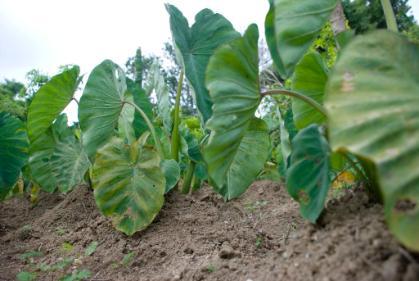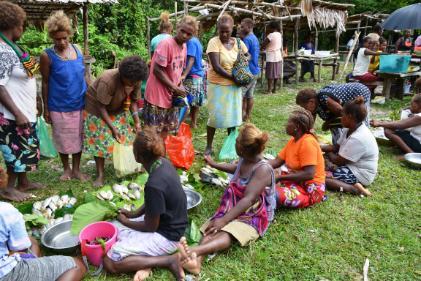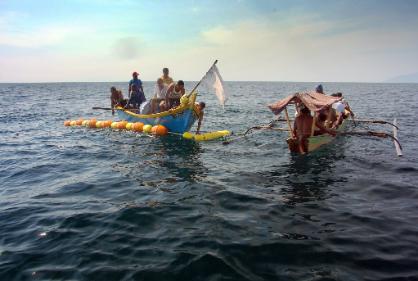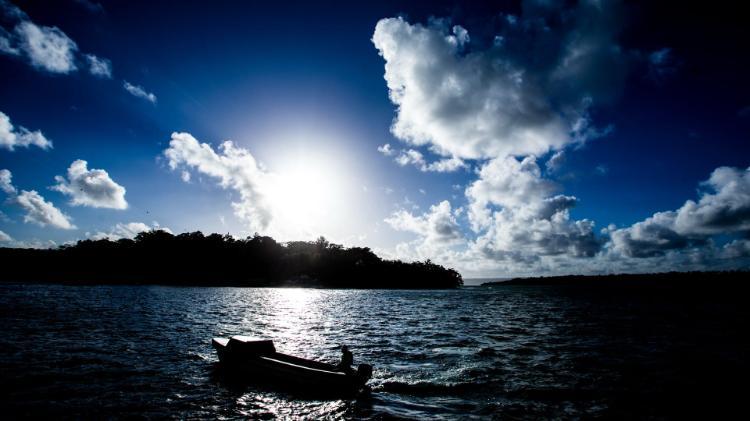Project vision
Data & training to address vulnerability to food & nutrition insecurity
Tom Brewer
National staff trained in how to use data on food production and trade to help manage their influence on local food production, availability, consumption & health outcomes.
Countries use the data to inform policy-making relevant to food system challenges & to track their progress towards relevant SDGs.
Coherent food system policy
Anne-Marie Thow & Senoveva Mauli
A coordinated and coherent approach to food system governance that helps improve policy implementation to address food system challenges such as food and nutrition security, public and environmental health.
Understanding the characteristics of different food environments
Jessica Bogard
Understand how important different food environments are in diverse local contexts and how healthy food environments can be actively strengthened.
Develop a better understanding of the characteristics of different food environments both formal and informal.
